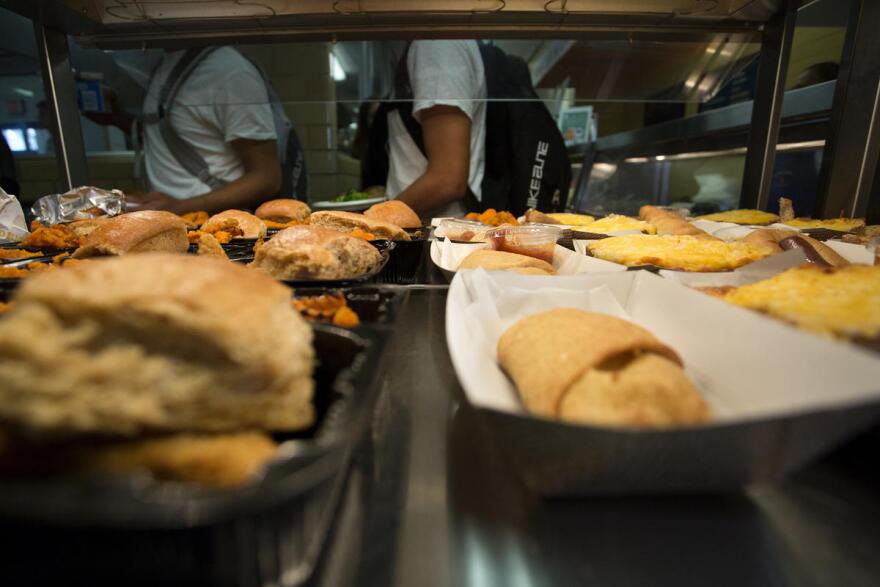It all started with one person looking to give back ahead of the holidays. A parent, who wanted to remain anonymous, reached out to Georgetown Independent School District about paying off school meal balances.
"She had wanted to contribute somehow to the district and make an impact during this holiday season and said 'I'd love to adopt a campus and pay off those meals," said Kirby Campbell, Georgetown ISD's executive director of support services.
The donor ended up covering outstanding payments at Village Elementary and Benold Middle School. The gift had a domino effect.
"Since then, we've had another donor come up and adopt a campus," Campbell said.
Then, another donor adopted two more campuses. All in all, three donors ended up paying off the school meal balances at five of the district's 17 campuses.
"It's a great community story and people wanting to give back to their community and the students of their community," he said.
This is not the first time donors have stepped up to cover balances at Georgetown ISD schools, according to Campbell. But, it is the first time in about two years families are facing school meal debt.
At the start of the pandemic in March 2020, Congress approved a federal waiver making breakfast and lunch free for all students regardless of family income. This was huge, according to Rachel Cooper, who's the director of health and food justice at Every Texan, a left-leaning think tank based in Austin.
“It was a tremendous boost for families," she said. "It took a lot of pressure off of families in a very rough time."
But earlier this year, Republicans blocked efforts to extend that waiver. Cooper said when it expired, it created confusion for families.
“They’ve gone from having meals just provided as part of the school day, just like books, just like computer access, and now suddenly they’re being told, ‘Oh no, you have to pay for your meals,’” she said.
Campbell saw that confusion first hand. Families did not realize they once again needed to apply for free and reduced-price school meals or start paying for meals if they did not qualify for that program.
“I think that just was a shock," he said. "A lot of people just kind of got out of that routine."
While it varies by campus, 41% of Georgetown ISD’s student population is considered economically disadvantaged. Campbell started to see school lunch debt begin to grow, especially at the beginning of the school year.
“We still struggle as a district,” he said. “There’s still an outstanding balance that kind of floats on a lot of accounts out there with many campuses.”
Campbell said after the donors' gifts to the five campuses, the district still had about $8,000 in outstanding payments. But, more donations have been coming in.
He said this generosity has a big impact on families who are facing even more expenses around the holidays.
“Their money gets tight, especially during this time of year,” he said. “So, to be able to reach out to those parents and tell those parents that we had a community member step up and pay your child’s balance is such a relief to them.”
Campbell said the district, which serves about 12,000 meals per day, will not turn away any students with outstanding meal balances.
“We want every child that comes to our district and goes through that [meal] line to get fed,” he said.
Cooper wants Congress to take action to make free school meals more accessible again. She said the pandemic showed that providing free meals to all children works.
“Kids will eat it. Families appreciate it. And students do better when they’re fed,” she said.







